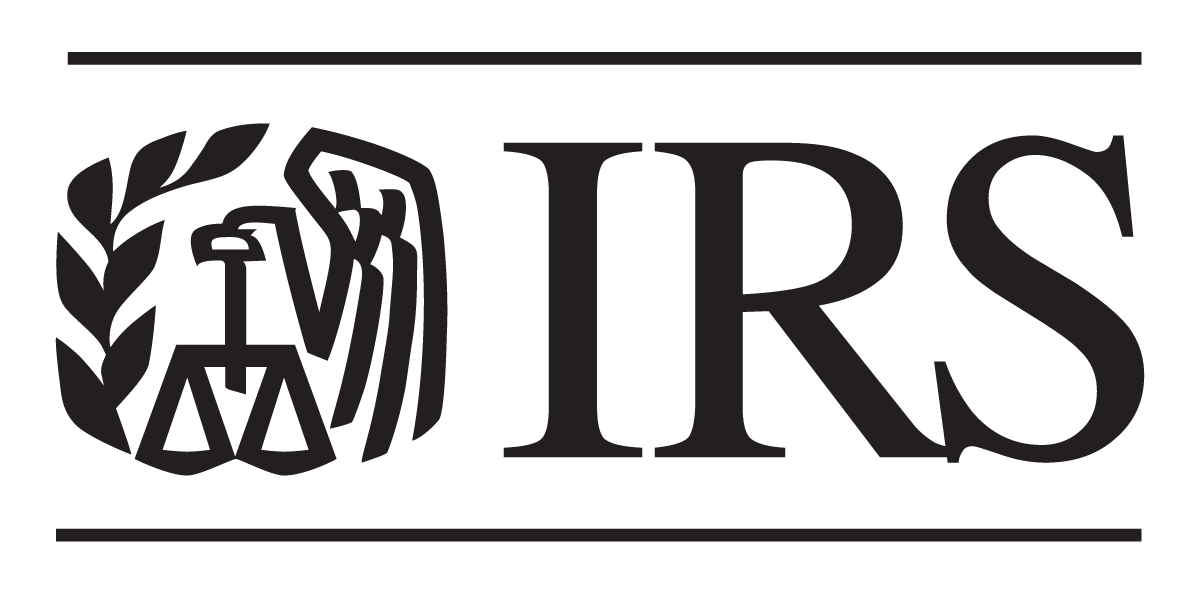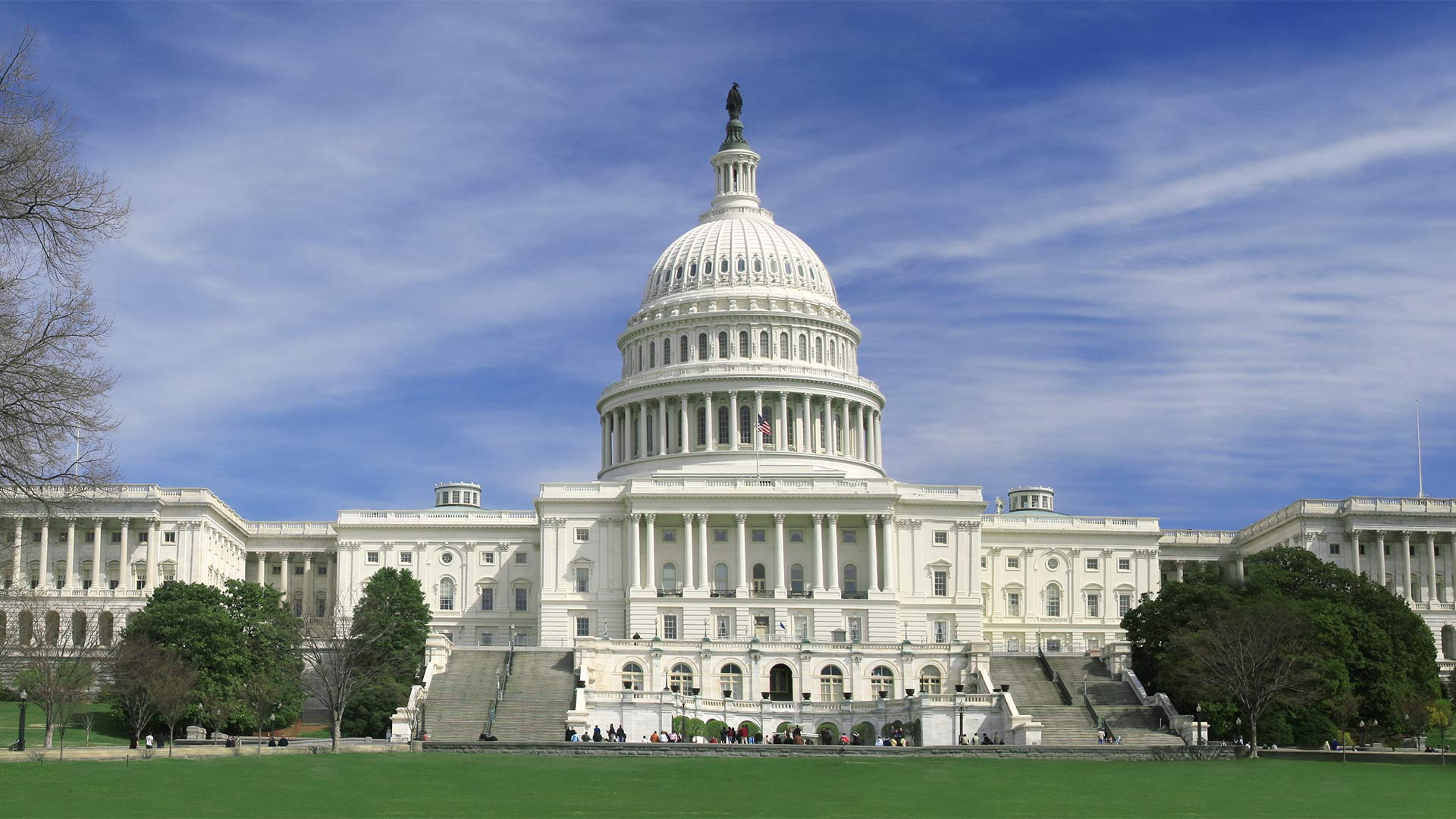As we approach the end of 2021, it is important to take a closer look at your tax and financial plans. This year likely brought challenges and disruptions that significantly impacted your personal and financial situation including the continued global pandemic, remote and new hybrid work models, supply chain disruptions and rising inflation.
Now is the time to take a closer look at your current tax strategies to make sure they are still meaningful in today’s world and to take any last-minute steps that could save you tax dollars. While looming tax law changes have not been finalized, many tax planning opportunities still exist! Here are some issues to consider as we approach year-end.
Year-End Tax Planning
Zinner & Co. Tax Team gift tax , tax services , Taxes - Planning, Rules and Returns , Taxes - Individual , tax , taxes , income tax , Zinner & Co. , Tax Credit , Child Tax CreditElectronic Tax Payments: Can Individuals Pay Income Taxes Online?
Zinner & Co. Tax Team Taxes - Corporate & Business , Taxes - Planning, Rules and Returns , Taxes - Individual , tax , taxes , ohio , Online Tax Payment , Digital Tax Payment , Electronic Tax Payments , RITA , U.S. Department of the TreasuryOver the past decade, more people have moved to electronic payments of their monthly bills and expenses.
The days of sitting down and writing checks to pay bills has quickly become a thing of the past. In fact, for many people under the age of 30, they do not know, nor have they ever had a physical checkbook!
IRS Has Restarted the Income Tax Levy Program
Zinner & Co. Tax Team Taxes - Corporate & Business , Taxes - Planning, Rules and Returns , Taxes - Individual , IRSAccording to Accounting Today, the Internal Revenue Service began sending out letters from its Automated Collection System function in June and restarted the income tax levy program in July.
Suspended last year, the IRS tax levy program includes both tax levy and treasury payments.
The Biden Administration's Proposed Tax Law Changes
Zinner & Co. Tax Team Taxes - Corporate & Business , Taxes - Individual , tax , taxes , income tax , tax avoidanceIn early June, the U.S. Treasury Department released its general explanations of proposed changes to the U.S. tax code.
Please note, the following items have only been proposed. In order to become law, they must pass through both the U.S. House of Representatives and the U.S. Senate.
DeWine Signs Tax Conformity Bill into Law
Zinner & Co. Tax Team Taxes - Corporate & Business , Taxes - Planning, Rules and Returns , Taxes - Individual , ohio , pppOhio Gov. Mike DeWine signed Senate Bill 18 into law, which ensures that expenses paid with forgiven Paycheck Protection Plan loans become deductible for state income tax purposes.
The legislation, which was supported by the Ohio Society of CPAs (OSCPA) will conform tax laws in the Buckeye State with recent changes to federal tax law, including deductibility of expenses from the Paycheck Protection Program and excluding $10,200 in unemployment compensation from income tax.
Ohio Income and School Tax Deadlines Moved to May 17
Zinner & Co. Tax Team Taxes - Planning, Rules and Returns , Taxes - Individual , tax , taxes , income tax , ohioS.B. 18 will Conform Ohio with Federal Tax Law Changes
Ohio Tax Commissioner Jeff McClain recently announced Ohio is following the federal government and Internal Revenue Service in extending the deadline to file and pay Ohio individual income and school district income taxes for tax year 2020.
The new deadline is May 17, an extension of approximately one month from the original deadline of April 15.
Tax Filing and Payment Deadline Pushed Back to May 17
Zinner & Co. Tax Team tax services , Taxes - Planning, Rules and Returns , Taxes - Individual , tax , taxes , income tax , IRS , Treasury DepartmentThe Treasury Department and Internal Revenue Service announced the federal income tax filing due date for individuals for the 2020 tax year has been pushed to May 17.
The IRS will be providing formal guidance in the coming days. However, individual taxpayers do not need to file any forms or call the IRS to qualify for the new federal tax filing and payment deadline.
AICPA asks Congress for PPP and tax filing deadline extensions
Zinner & Co. Tax Team tax services , Taxes - Planning, Rules and Returns , Taxes - Individual , tax , taxes , pppThe American Institute of Certified Public Accountants recently asked Congress to extend the Paycheck Protection Program’s March 31 application deadline at least 60 days. Additionally, the AICPA also asked the IRS and the Department of the Treasury to extend the April 15 tax filing and payment deadline to June 15.
IRS Announces New Retirement Plan Limits for 2021
Zinner & Co. Tax Team Taxes - Individual , Retirement Planning & IRAs , IRSThe IRS has released the retirement contribution limits for the 2021 tax year. The new limits are adjusted based on increases in the cost of living.
ODJFS Warns Ohioans to be on Lookout for Signs of Identity Theft
Zinner & Co. Tax Team identity theft , Taxes - Planning, Rules and Returns , Taxes - Individual , ODJFS , Ohio Department of Jobs and Family ServicesOhioans should be on the lookout for signs of identity theft as they begin to receive their tax documents in the mail.
About Us

Since 1938, Zinner has counseled individuals and businesses from start-up to succession. At Zinner, we strive to ensure we understand your business and recognize threats that could impact your financial situation.
Recent Blog Posts
Categories
- 1031 Exchange (2)
- 401k (2)
- 529 plan (4)
- ABLE Act (1)
- account systems (3)
- accounting (8)
- Affordable Care Act (8)
- alimony (2)
- American Rescue Plan Act (1)
- Ask the Expert (5)
- Audit and Assurance Department (13)
- audits (8)
- Bank Secrecy Act (1)
- banks (1)
- Barbara Theofilos (6)
- Beneficial Ownership Information (1)
- Bitcoin (1)
- block chain (2)
- BOI (3)
- Bookkeeping (1)
- Brett W. Neate (28)
- budgets (1)
- Bureau of Worker's Compensation (12)
- Business - Management, Issues & Concerns (51)
- business income deduction (3)
- business succession (7)
- business travel expense (3)
- business valuation (5)
- capital gains (2)
- careers (7)
- cash flow (2)
- Charitable Donations (2)
- Child Tax Credit (2)
- Chris Valponi (8)
- City of Cleveland (1)
- Cleveland COVID-19 Rapid Response Fund (1)
- Cleveland Rape Crisis Center (2)
- college (3)
- Community (24)
- Compliance (1)
- Coronavirus (24)
- Corporate Transparency Act (1)
- COVID-19 (30)
- Credit card fraud (5)
- credit reporting (2)
- cryptocurrency (2)
- CTA (2)
- cybersecurity (17)
- dead (1)
- DeAnna Alger (6)
- death (2)
- debt (4)
- deductions (14)
- Deferring Tax Payments (4)
- Department of Job and Family Services (2)
- depreciation (2)
- Digital Tax Payment (3)
- divorce (4)
- DOMA (3)
- Economic Impact Payments (2)
- Economic Injury Disaster Loan (4)
- education (8)
- EIDL (1)
- electronic filing (4)
- Electronic Tax Payments (3)
- Emergency Working Capital Program (1)
- employee benefit plan auditor (1)
- Employee Leave (3)
- Employee or Independent Contractor (6)
- Employee Retention Credit (3)
- employment (2)
- ERC (3)
- Eric James (8)
- Estates, Gifts & Trusts (48)
- expenses (5)
- Families First Coronavirus Response Act (2)
- FASB (1)
- FBAR (1)
- FDIC coverage (1)
- Federal Assistance (4)
- filing (3)
- financial planning (8)
- Financial Planning - College (9)
- financing (3)
- Firm news (119)
- first responders (1)
- FMLA (1)
- foreign assets (3)
- fraud (38)
- FSA (1)
- fundraising (9)
- Gabe Adler (1)
- gift tax (5)
- HDHP (2)
- health care (3)
- home (2)
- home office (1)
- Howard Kass (2)
- HRA (1)
- HSA (5)
- identity theft (34)
- income (1)
- income tax (58)
- independent contractor (1)
- Inflation (1)
- Insurance (7)
- internal control (4)
- international (2)
- Intuit (1)
- investments (4)
- IRS (91)
- jobs (5)
- John Husted (1)
- K-1 (1)
- Laura Haines (3)
- Layoff (2)
- Layoffs (1)
- leadership (3)
- lease accounting standards (1)
- life insurance (1)
- LLC (3)
- Loans (2)
- longevity income annuities (1)
- Lorenzo's Dog Training (1)
- Magic of Lights (1)
- management advisory (3)
- manufacturing (2)
- Matt Szydlowski (3)
- medical (7)
- Medicare (2)
- mergers and acquisitions (1)
- Mike DeWine (2)
- Millennial Concepts (2)
- minimum wage (1)
- NAIOP (1)
- National Defense Act (1)
- non-profit reporting (10)
- non-profits (38)
- not-for-profit (26)
- OATC (1)
- OBBB (3)
- ODJFS (1)
- office (1)
- ohio (13)
- Ohio Accounting Talent Coalition (1)
- Ohio business owners (18)
- Ohio Department of Jobs and Family Services (4)
- Ohio Department of Taxation (7)
- Ohio Incumbent Workforce Training Voucher Program (1)
- Ohio Society of Certified Public Accountants (1)
- One Big Beautiful Bill (10)
- Online Tax Payment (4)
- Operations (2)
- OPERS (1)
- OSCPA (1)
- Overtime (2)
- owners of foreign entities (1)
- partnerships (5)
- passwords (1)
- Paycheck Protection Program (9)
- payroll (8)
- penalties (3)
- pension (2)
- personal finance (2)
- planning (4)
- ppp (7)
- Productivity (5)
- Qualified Business Income (1)
- quickbooks (10)
- real estate (14)
- record retention (2)
- records (2)
- Reporting (1)
- Republican National Convention (1)
- Retirement Planning & IRAs (54)
- Richard Huszai, CPA (5)
- RITA (1)
- Robin Baum (6)
- RRF (1)
- S Corporation (1)
- SALT (8)
- SBA (8)
- scams (14)
- SECURE 2.0 Act (1)
- security (6)
- SharedWorks (1)
- Shutdown (3)
- Silver Linings (9)
- simplified employee pension (1)
- Small Business (5)
- SMB (12)
- Social Media (1)
- social security (4)
- Speaker Series (2)
- spouse (1)
- start ups (8)
- Stay at Home Order (3)
- Steven Mnuchin (1)
- Sue Krantz (6)
- SVOG (1)
- tangible property (1)
- tax (27)
- tax avoidance (12)
- Tax Credit (7)
- Tax Cuts and Jobs Act of 2017 (31)
- Tax Exempt (1)
- Tax Holiday (1)
- Tax Interns (2)
- tax services (28)
- taxes (45)
- Taxes - Corporate & Business (107)
- Taxes - Individual (125)
- Taxes - Planning, Rules and Returns (198)
- TechCred (1)
- technology (8)
- The CARES Act (6)
- The SOURCE (1)
- tiag (3)
- transaction advisory (2)
- Treasury Department (5)
- Trump Account (1)
- tuition (3)
- U.S. Department of the Treasury (1)
- U.S. Small Business Administration (6)
- Unclaimed Funds (1)
- Unemployment Benefits (4)
- Unemployment Insurance (1)
- withdrawls (2)
- withholding (6)
- Workers Comp Billing Changes (1)
- Zinner & Co. (35)
- Zinner News (32)









